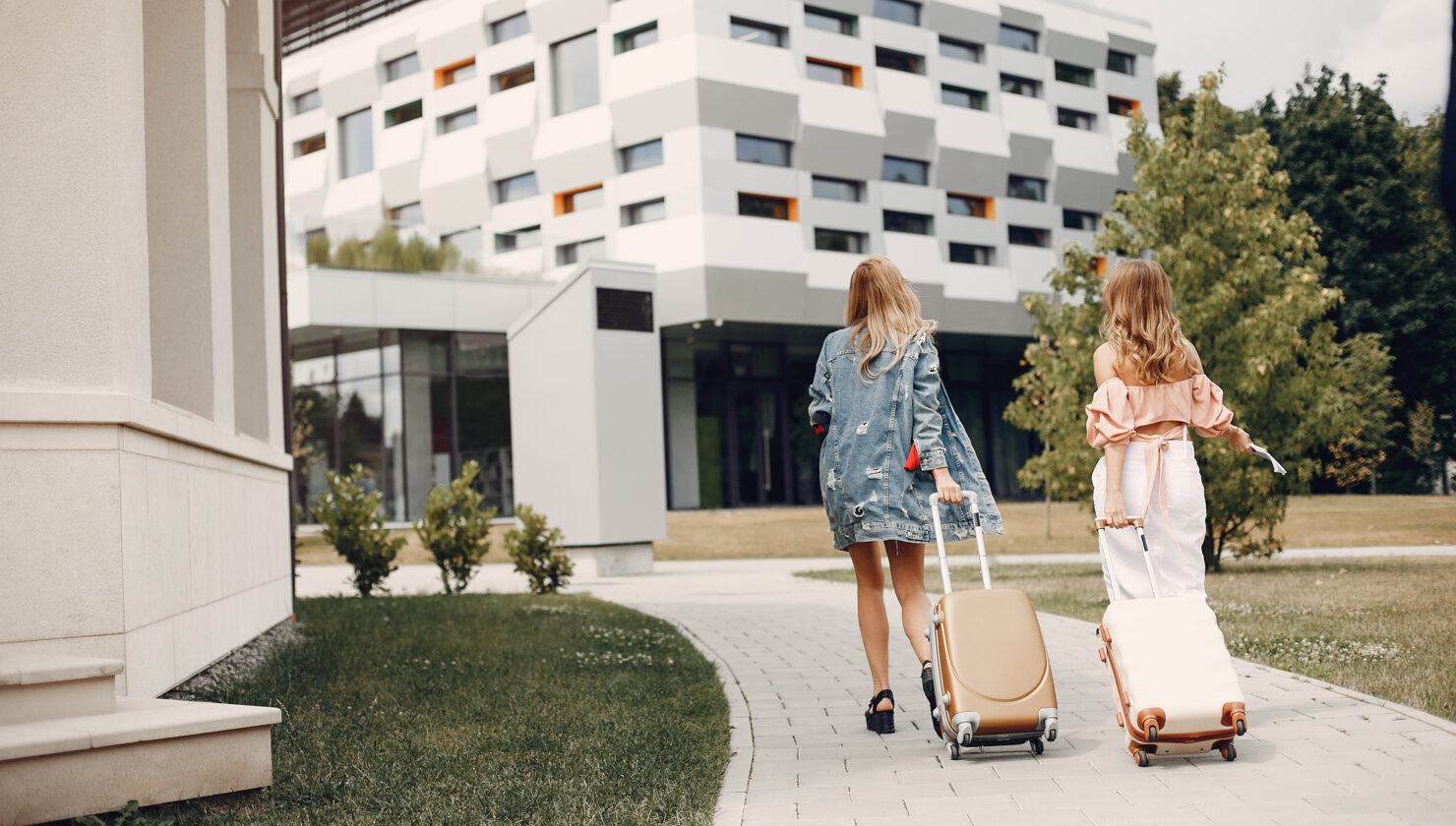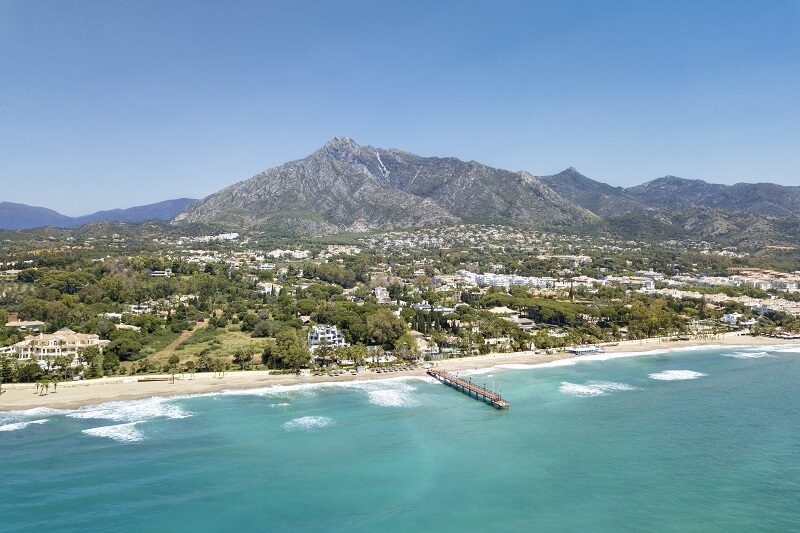Decree 31/2024 marks a milestone in this direction, establishing new standards of habitability and reinforcing the responsibility of tourist accommodation operators, which will ensure a better experience for both visitors and local residents. This effort to modernise and professionalise the sector not only improves the quality of tourist accommodation, but also ensures that Andalusia remains a welcoming and sustainable destination.
This new decree comes to update and adapt the previous regulation of 2016, responding to the evolution of the market and the challenges presented by the growth of tourist rentals in the region. Below, from Banus Rentals we detail the most important aspects of this decree and what they imply for owners:
New habitability and comfort requirements
The decree establishes stricter criteria for the habitability and comfort of tourist accommodation. This includes specific requirements on the minimum number of square metres per guest, the necessary number of bathrooms in relation to the number of beds, adequate ventilation facilities, air conditioning suitable for the climatic conditions, fire extinguisher and other comfort standards that ensure a quality experience for the tourist. These requirements aim to raise the overall quality of tourist accommodation in the region.

Regulation of the figure of the operator-manager
The decree establishes and clarifies the regulation of the figure of the “operator-manager” of tourist accommodation, defining him or her as the person or entity in charge of managing the property and acting as an intermediary between the owner and the guests. This figure not only assumes a crucial role in maintaining the quality and service offered in the tourist accommodation, but also becomes the main responsible before the administration and the neighbours for any incident that may occur.
To ensure greater clarity in the responsibility and management of tourist properties, the decree introduces an important aspect: tourist licences must be in the name of the “operator-manager” . This requirement aims to simplify administrative processes and ensure that there is a clear point of responsibility for the management of the property. This measure reinforces the professionalisation of the sector and highlights the importance of having competent and well-trained managers for the task. In addition, it contributes to transparency and efficiency in property management, ensuring that quality standards and regulations are met in an efficient manner, benefiting owners, guests and neighbours of the community.
Municipal powers and limitations
One of the most important innovations of the decree is that it grants municipalities the power to establish limitations, prohibitions or specific conditions on the location of tourist accommodation in the general interest. One of the innovations lies in the power granted to the municipalities to impose limitations, prohibitions or specific conditions on the location of tourist accommodation, always in the general interest. In this way, each municipality, exercising its urban planning competence, has the power to restrict the number of tourist accommodations in specific areas, including not only historic centres, but also stressed areas where rental availability for the local working class is scarce. This measure aims to protect the social fabric and prevent gentrification.
In the case of Marbella, there is a unique dynamic in vacation rentals, centered in second home areas and not in working class housing areas. This significantly differentiates Marbella from other areas of Spain. In Marbella, the configuration of the real estate market allows for a balance between tourism and residential needs, avoiding direct negative impacts on the availability of affordable rents for residents. This situation reflects the importance of regulatory policies adapted to the specific characteristics of each municipality.

Retroactive requirements and adaptation periods
It is crucial to underline that the new measures introduced by the decree will not apply retroactively in their entirety. This implies that properties that were already registered as tourist dwellings before the entry into force of the decree will not be obliged to comply with some of the new regulations immediately. However, it is important to note that the new habitability requirements will be mandatory for all dwellings, giving them a period of one year for implementation from the date of publication of the decree in the Official Gazette of the Junta de Andalucía. Additionally, it is important to note that the change in tourist licences, which must now be in the name of the managers, must be made within 6 months. This provision seeks to ensure greater clarity and accountability in the management of tourist accommodation, aligning operations with the new quality and safety guidelines.
Implications for owners and managers
For owners and managers of tourist accommodation in Andalucía, this decree implies the need for a careful review of properties to ensure that they comply with the new standards of habitability and comfort. In addition, it will be essential to be aware of the specific regulations that each municipality may establish under the new legal framework.
Faced with these changes, Banus Rentals offers comprehensive support in adapting to the new regulations, ensuring that the property not only meets all the requirements but also stands out in the market for its quality and professional management. With Banus Rentals’ services of evaluation, space optimisation, reservation management and maintenance, we ensure maximum return on investment in this new regulatory context.
This decree represents a move towards a more sustainable and quality tourism model, and Banus Rentals is a company in Marbella ready to help any owner interested in putting their property up for holiday rental to successfully implement these changes.












